Tanzania has made great strides in economic growth. At the beginning of 2020 the country was declared to have attained the Lower Middle Income status after achieving a gross national income (GNI) per capita of $1,080 (the threshold is $1,036). This achievement is part of Tanzania’s 2025 Vision of becoming a middle-income country as stipulated in the 2010-2025 Long-Term Perspective Plan (LTPP). The 15 years LTPP is implemented in a series of three phases of 5-year development plans, namely:
As its development agenda, Tanzania is transitioning to the third phase of the LTTP (2021–2025) which focuses on enhancing the country’s competitiveness in regional and global markets. The theme of the 7th AAPC, “Realizing Tanzania’s Agricultural and Agro-Industry Competitiveness: Fostering Competitiveness, Productivity and Efficiency in Agri-food Systems”, is intended to reflect that development agenda.
Disclaimer: PAG reserves the right to make final determination of physical participants in Dodoma. A strict code of conduct will be put in place as we take all precautions against COVID-19
The Annual Agricultural Policy Conference (AAPC) is organized by the Policy Analysis Group (PAG) in collaboration with the Ministry of Agriculture. The PAG is an informal (community of practice) and voluntary group that consists of members working on agricultural policy projects, initiatives, academia, and local and international policy think tanks. Established in 2013, the group has about 20 members and provides a platform for sharing information on policy research findings so as to enhance coordination, collaboration and synergy. The PAG also aims at ensuring consistency in policy messaging.
The AAPC brings together over 150 participants from academia, research institutions, policy-makers, advocacy groups and development practitioners from Tanzania, in the region and beyond. The Conference provides an opportunity to assess progress in implementing policy reforms under the CAADP framework of the New Alliance on Food Security and Nutrition. In addition, the conference will discuss successes, lessons learned and identify remaining gaps, how to increase competitiveness within the alliances, and emerging issues that require attention.



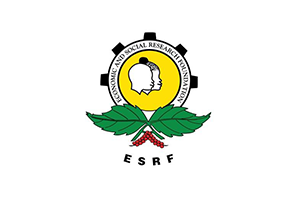


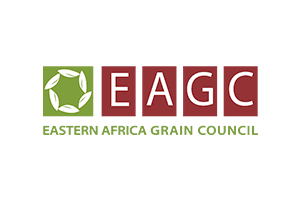
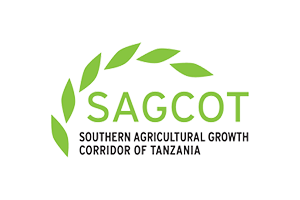







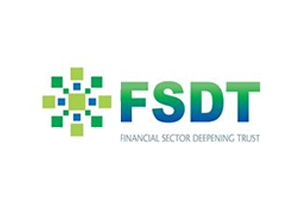



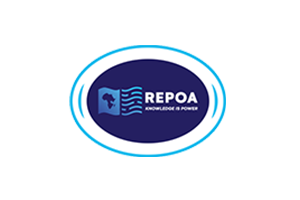
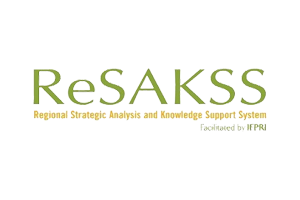
The 7th AAPC will also feature a session to share data and analysis from various members. The rationale for the session is to enable agriculture stakeholders to specify what targeted interventions and approaches should be taken to increase market competitiveness and access to capital in light of the global recession.
Also the analysis will enable further structured support towards value chains that proved to be successful during the COVID era such as spices, cereals and horticultural value chains.
As the AAPC is gradually turning into a regional and international platform, this upcoming conference will mark the launch of a digital AAPC program platform. The conference will be in a blended format and will constitute about 100 on the ground participants possibly at the Treasury Square with others joining virtually. The conference will still be in the “Davos” style in which thematic papers will be presented followed by a panel discussion before opening the session to the floor for questions and answers. All Meetings will take place in facilities that can aid virtual meetings. The technology used will have the output in high resolution format and the AAPC task force will work with virtual communication professionals with experience in managing virtual meetings and will form their own technical committee so as to build in-house capacity.
The blended format will also motivate buy-in from the donor community. Best practices from AGRA’s AGRF and also tools from the AGRF will be effected to ensure that 7th AAPC is a success.
Subscribe to receive updates relating to agricultural research & transformation in Tanzania
© 2020 ASPIRES Tanzania. All Rights Reserved.